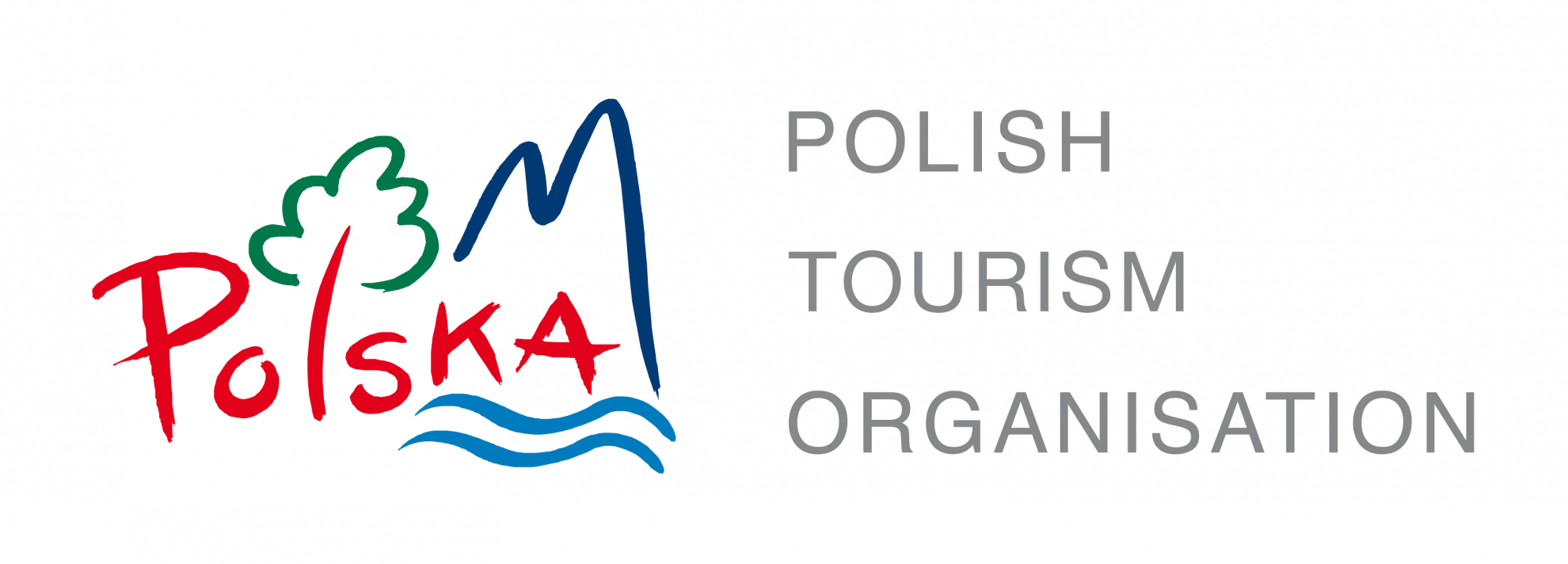The Museum has a monographic character. The collection is nearly 2.5 thousand exhibits, generally related to Silesian Uprisings and the plebiscite in Upper Silesia. It collects memorabilia of the participants in the uprisings, documenting their lives. The valuable collections include battle and veteran flags and written orders issued during the Third Silesian Uprising.
The permanent exhibition, arranged in the rooms on the ground floor presents the following issues:
– history of the monastery and Church on Mount St. Anne.
- Polish national movement in Silesia in 1848-1918
- activities of Gymnastic Society "Falcon" in Silesia
- First Silesian Uprising
- Second Silesian Uprising and the Plebiscite
- Third Silesian Uprising
- acquisition of the Polish part of Upper Silesia in 1922
- activities of the Union of Poles in Germany and the Polish Scouting Association in Germany
- regaining independence by Poland in 1918 and the formation of its borders in 1918-1922
In 2006, the exhibition has been enriched by a unique, thoroughly modern "Panorama of Silesian Uprisings" enlivened with fifteen-minute performance of "light and sound". The rotunda with the Panorama is accessible via a historical and nature path in the form of a diorama, presenting the most valuable monuments of architecture and the beauty of nature surrounding Mount St. Anne.
The rooms on the second floor host temporary exhibitions, there is also an audio-visual room which hosts museum lessons for children and youth, scientific sessions, lectures, readings, etc.
In 2006 the Uprising Museum also obtained the Department of Nature of Opole Silesia Museum. Since then, it hosts temporary exhibitions of nature, as well as popularization and education in the form of lectures, museum classes, competitions and field trips. Science collections include more than 11 thousand inventory items and are mainly herbarium sheets from Opolszczyzna. Other exhibits include: dermoplasties of birds and mammals, entomological and paleontological collection and a collection of minerals. Since the reactivation of the department, the collection is being extended gradually mainly with butterflies, dragonflies and beetles, mammals, birds and their eggs and nests. Employees also carry out research, mainly in the area of Mount St. Anne Landscape Park.
The area adjacent to the museum can host bonfires, camping, outdoor activities, both historical and natural.


 位置图:
位置图:


 FB: https://www.facebook.com/MuzeumOpole
FB: https://www.facebook.com/MuzeumOpole
